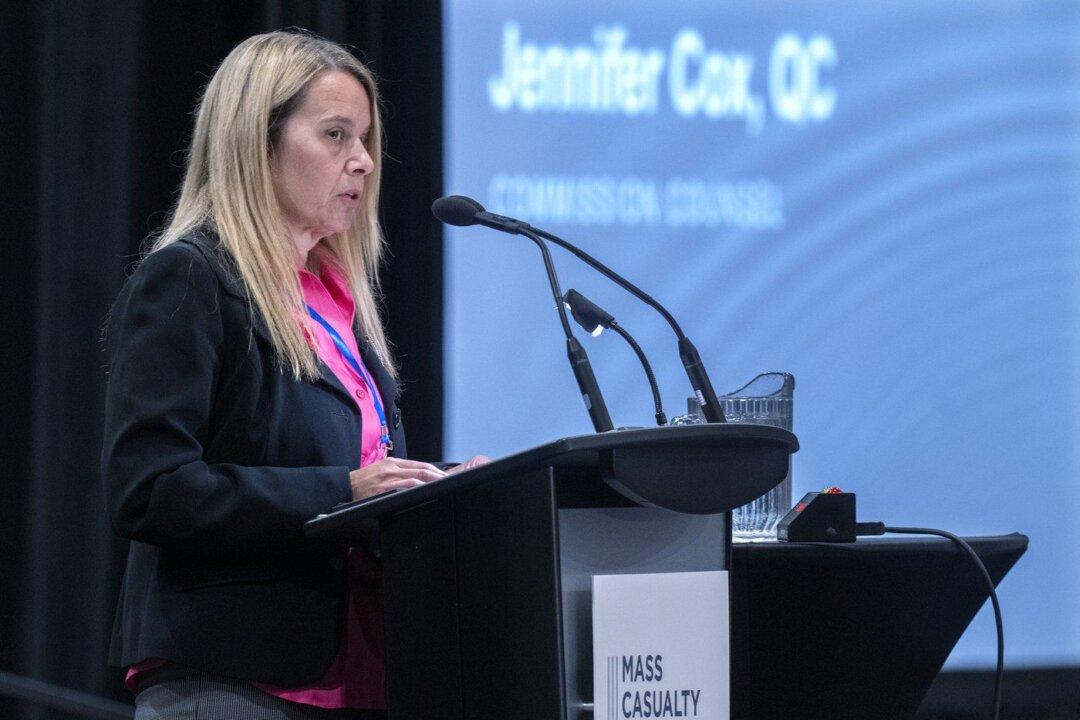Today the RCMP officer once described by another police officer as a “friend” of the man behind the 2020 mass shooting in Nova Scotia will testify before the inquiry investigating the rampage, though it will not be broadcast.
Const. Greg Wiley, who is scheduled to testify via video Tuesday afternoon, will be the first witness before the inquiry whose video or audio testimony will not be available on the livestream that has been used throughout the proceedings.





